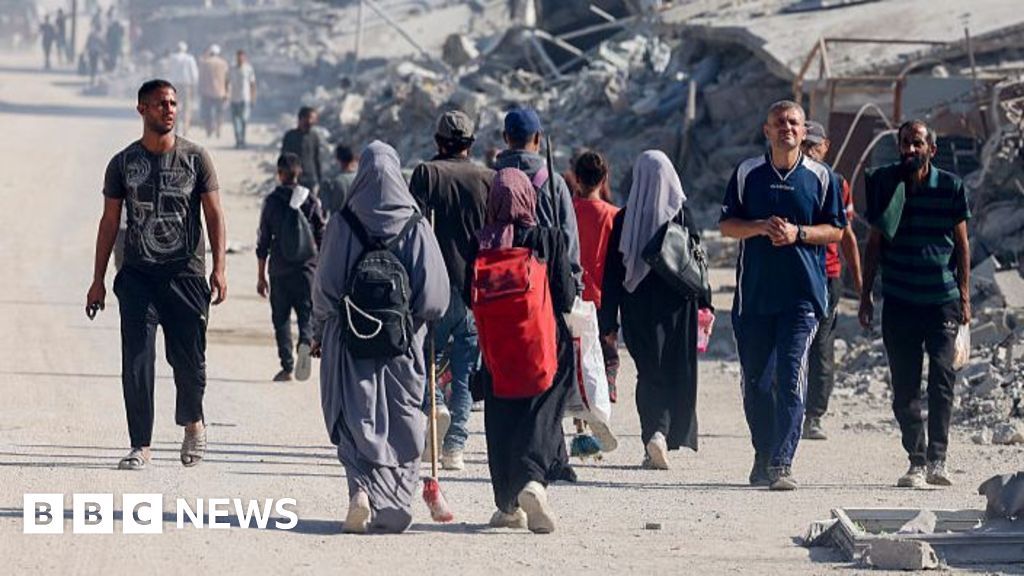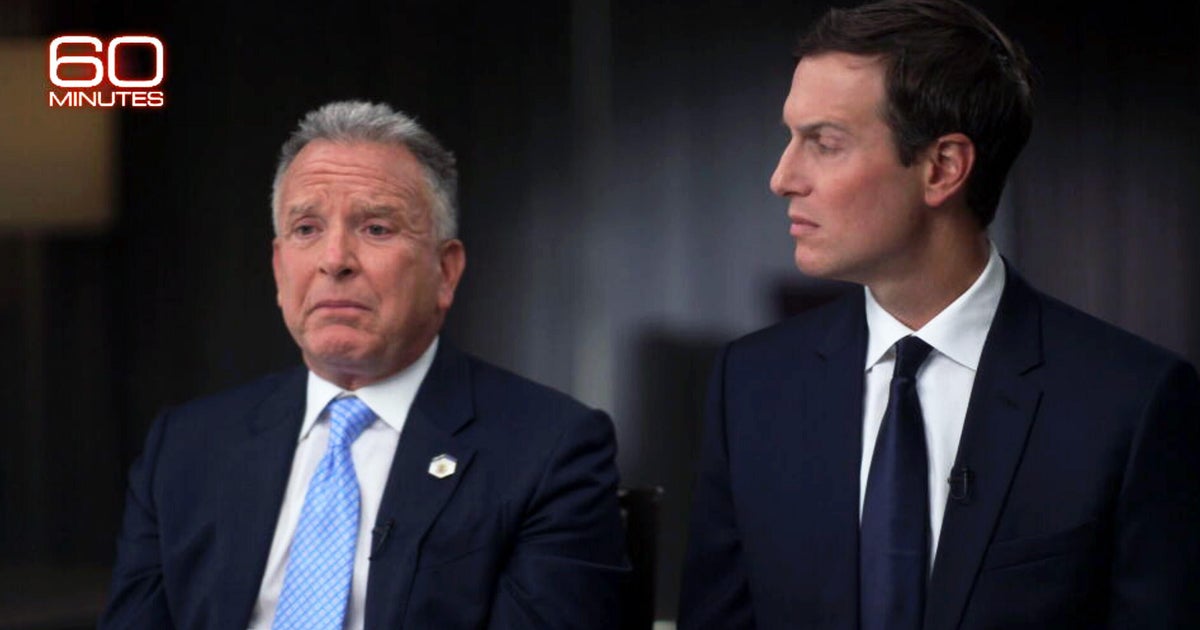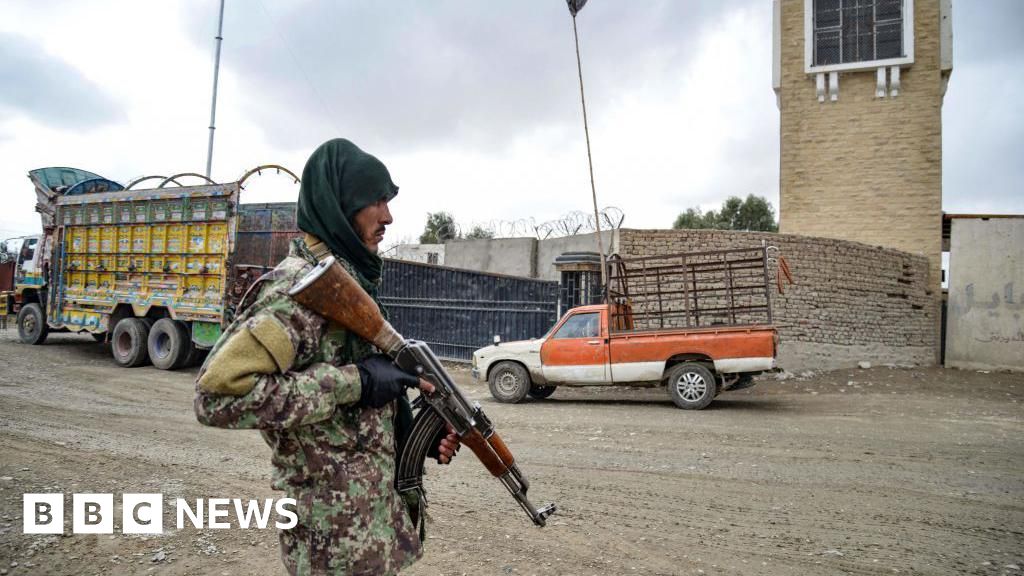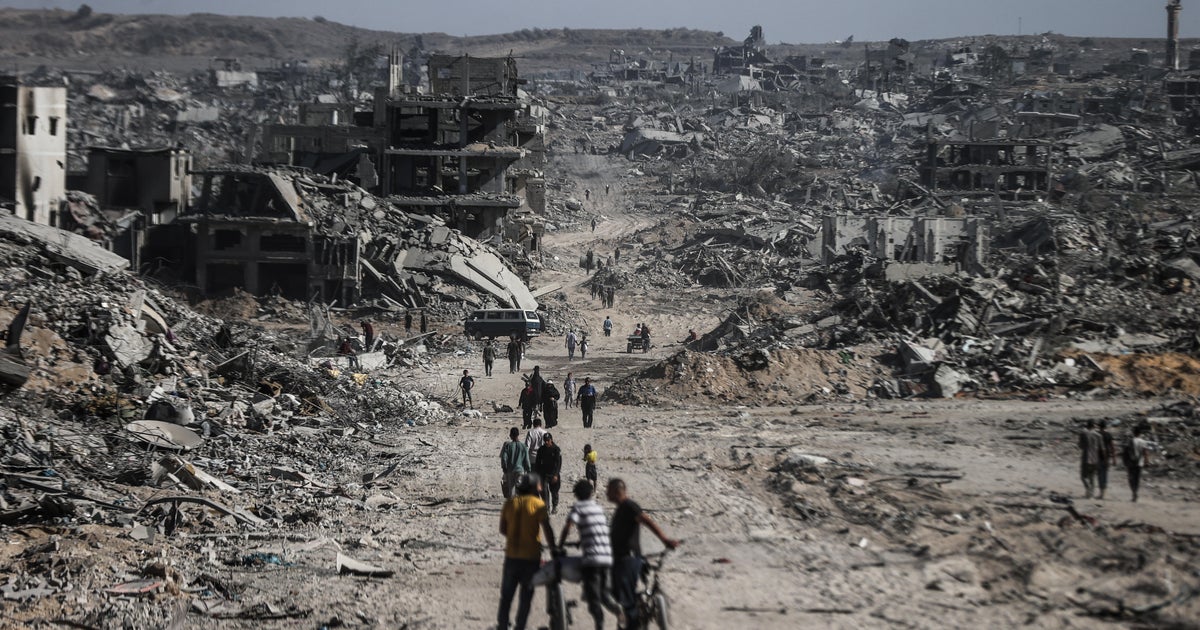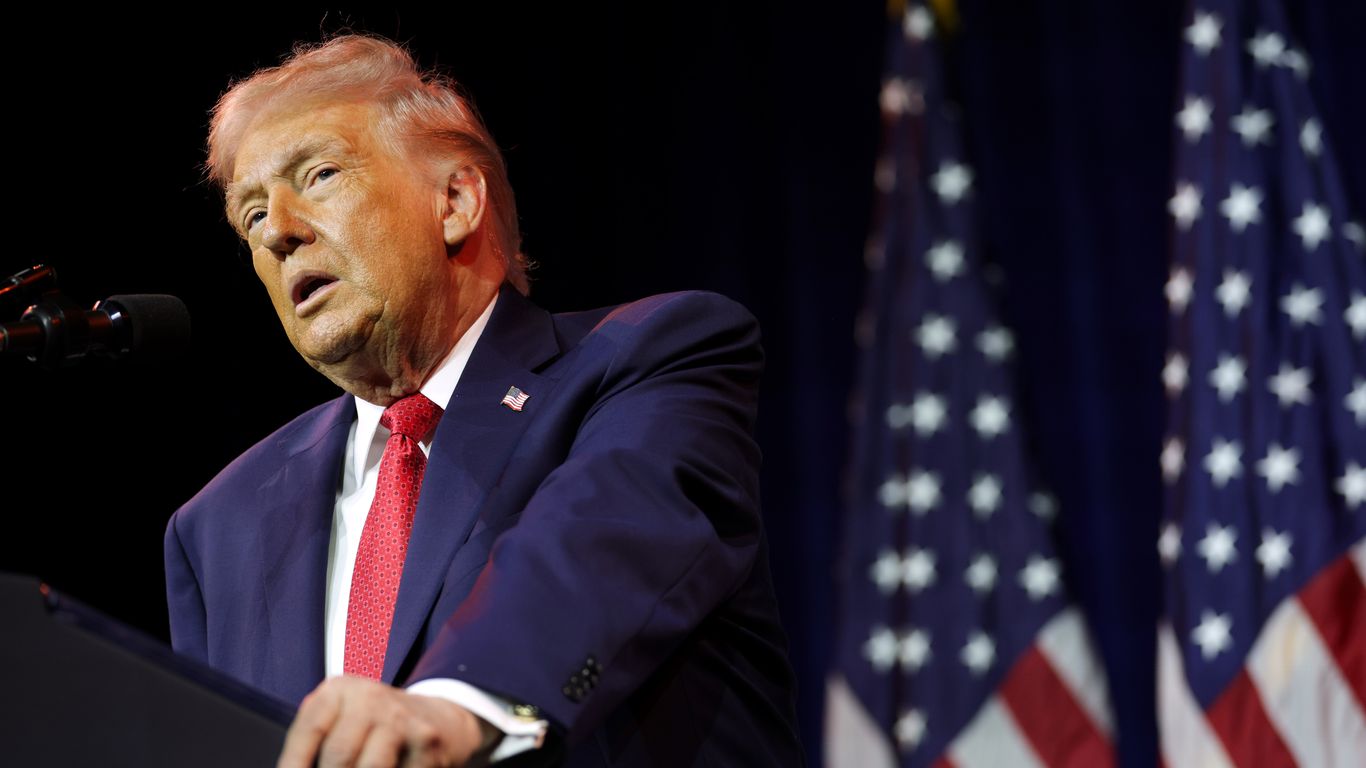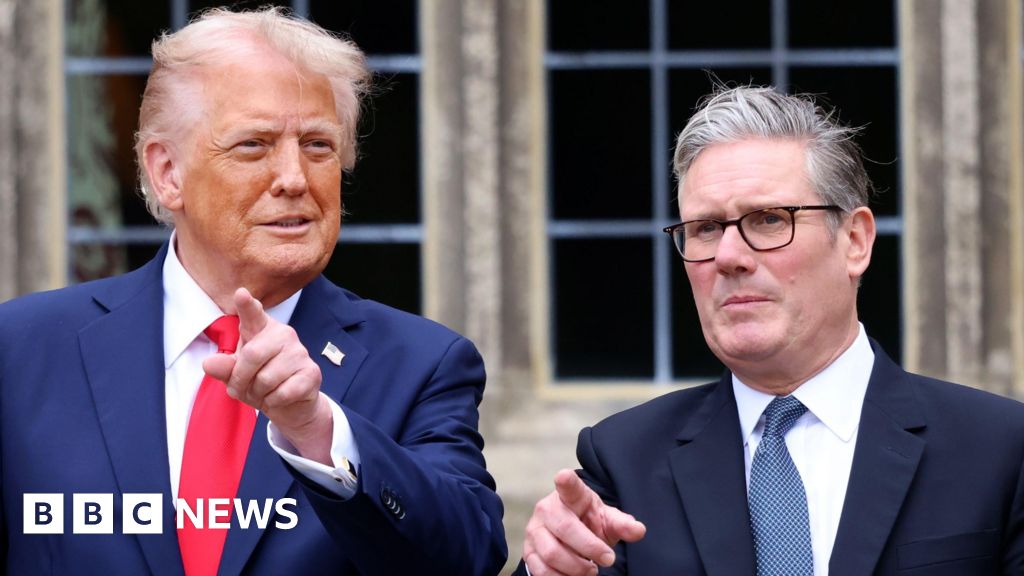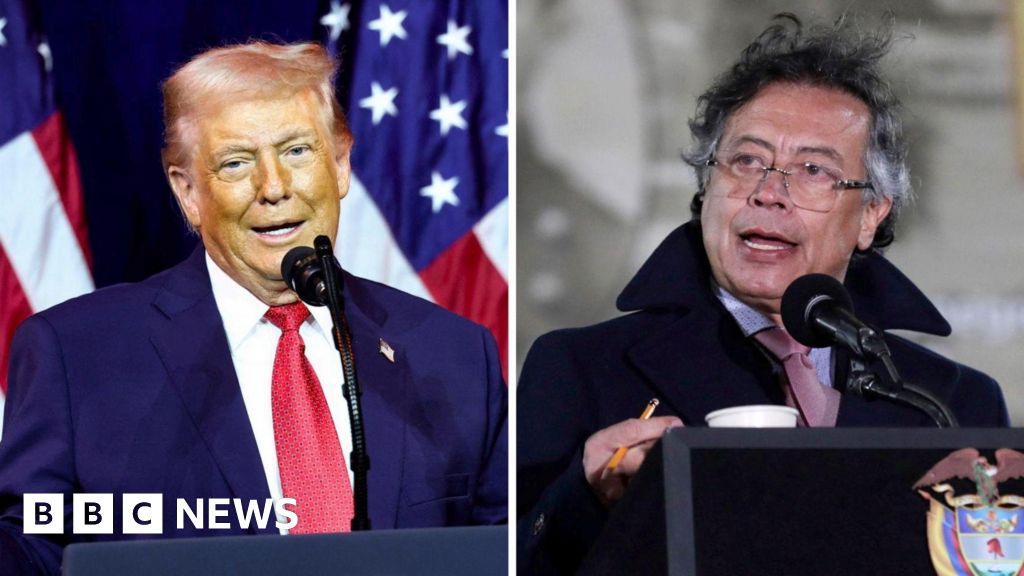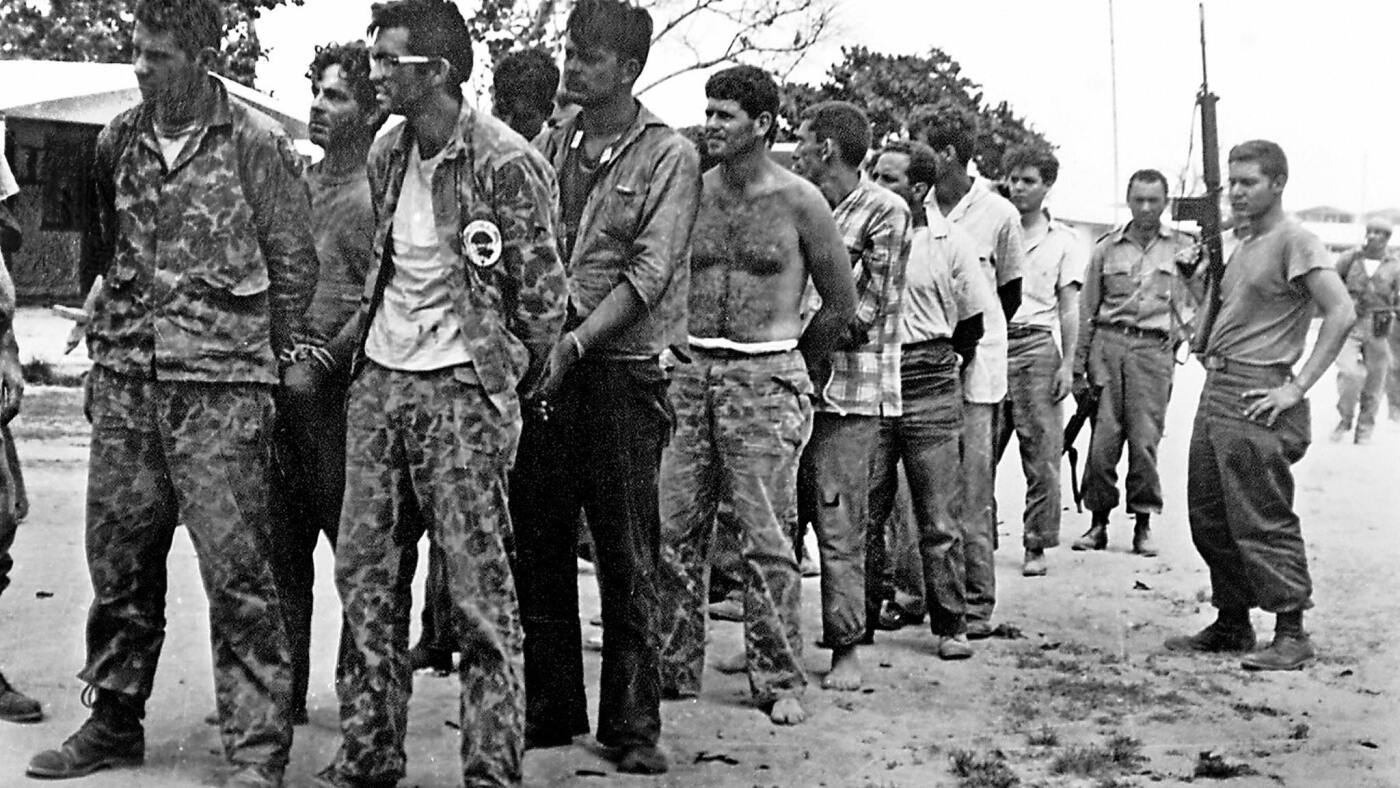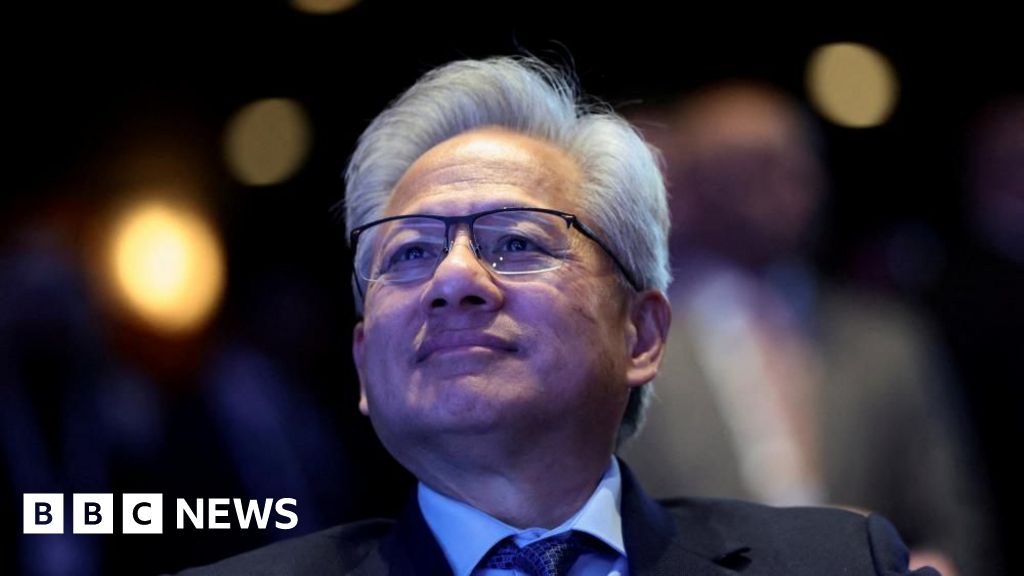Pakistan and Afghanistan Reach Historic Ceasefire in Doha Talks

Introduction
Pakistan and Afghanistan have reached a significant agreement following a week of intense border clashes, culminating in an immediate ceasefire. This breakthrough was facilitated by talks in Doha, Qatar, where both countries' defense ministers signed a peace deal mediated by Turkey and Qatar. The agreement marks a crucial step toward stabilizing the volatile border region, which has seen heightened tensions since the US withdrawal from Afghanistan in 2021.
Key Details
The ceasefire agreement includes commitments to halt cross-border attacks and respect each other's territorial integrity. Both nations have pledged to resolve disputes through dialogue and avoid targeting each other's security forces or civilians. A follow-up meeting is scheduled in Istanbul to discuss detailed mechanisms for implementing the ceasefire and enhancing security cooperation.
Impact
The agreement offers hope for lasting peace and stability in the region. However, challenges remain due to the complex border dynamics and the presence of cross-border tribes. Despite these complexities, the commitment to peace signals a positive shift in relations between Pakistan and Afghanistan.
About the Organizations Mentioned
Turkey
Turkey is a transcontinental country with a dynamic **emerging free-market economy**, ranking as the 16th largest globally and 7th largest in Europe by nominal GDP in 2025[1]. It has shown remarkable economic growth since the 2000s, despite setbacks such as the 2018 crisis, with recovery beginning in 2021 and GDP per capita reaching all-time highs in 2024[1]. Turkey is a founding member of the OECD and G20 and benefits from a Customs Union with the European Union, facilitating substantial trade and investment relations[1][3]. The economy is diversified, with significant sectors including **tourism**, which accounted for 12% of GDP in 2023, and advanced manufacturing industries such as motor vehicles, consumer electronics, home appliances, and defense products[1]. Turkish universities pioneered technoparks starting in 2000, now hosting over 1,600 R&D centers that attract domestic and international investment, contributing to Turkey’s eighth-place global ranking in technology complexity in 2021[1]. Turkey’s economic outlook for 2025 is positive, with growth forecasts around 3.1-3.5% supported by looser financial conditions, though risks remain from political tensions and external financing vulnerabilities[2]. The government is committed to addressing inflation and economic imbalances through prudent macroeconomic policies, while structural reforms aim to improve labor market participation, particularly among women, and enhance productivity through innovation and deregulation[4]. Turkey is also advancing efforts in climate change mitigation, targeting net-zero emissions by 2053[4]. However, challenges persist, including political instability affecting investor confidence and social issues such as refugee management and gender-based violence[5][7]. Despite these, Turkey remains a key regional player and an attractive destination for investment, being the largest single recipient of European Bank for Reconstruction and Development investments in 2024[2]. Overall, Turkey presents a complex but promising profile as a growing economic and technological hub at
Qatar
Qatar is not an organization but a country located in the Middle East, known for its significant contributions to global business, technology, and social development. Here is a comprehensive summary of Qatar's key aspects: ## Overview Qatar, officially the State of Qatar, is a constitutional emirate with a hereditary monarchy. It is ruled by the Āl Thānī family, with the current emir being Sheikh Tamim bin Hamad Al Thani. The country's government structure includes a Council of Ministers and an advisory Shura Council, although the latter's electoral component was abolished in 2024[4]. ## History Qatar's history is marked by its transformation from a small tribal state to a major economic power. After World War II, oil revenues significantly increased, leading to rapid modernization and political stability within the ruling family[4]. In 2003, a new constitution was approved, which initially provided for the election of the Shura Council, but these elections were repeatedly delayed until 2021 and later abolished[4]. ## Key Achievements - **Economic Diversification**: Qatar has successfully diversified its economy beyond oil and gas, with non-oil sectors contributing over 60% of GDP in 2024[8]. Tourism, logistics, and financial services are key drivers of this diversification. - **Global Events**: Qatar hosted the FIFA 2022 World Cup, which was a significant achievement in terms of infrastructure development and international visibility[8]. - **Investment and Development**: The government has allocated substantial funds for major projects, including education and healthcare, with a budget of $5.3 billion for education and $6 billion for health in 2025[2]. ## Current Status Qatar continues to invest in strategic sectors like education, healthcare, and environmental sustainability. The country is hosting the Second World Summit for Social Development in 2025, focusing on inclusive social development[6]. Its GDP per capita is among the highest
